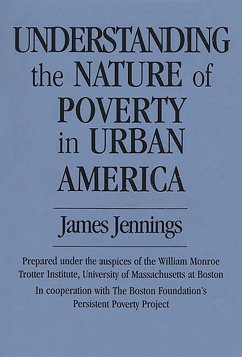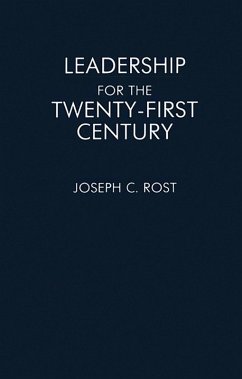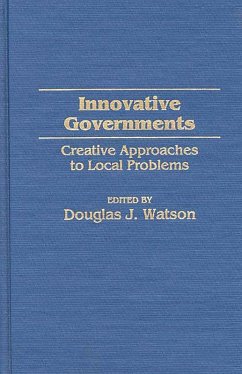
Does America Hate the Poor? (eBook, PDF)
The Other American Dilemma, Lessons for the 21st Century from the 1960s and the 1970s
Versandkostenfrei!
Sofort per Download lieferbar
58,95 €
inkl. MwSt.
Weitere Ausgaben:

PAYBACK Punkte
29 °P sammeln!
Tropman examines American values and the two groups that threaten those values. One might wonder why, in the world's wealthiest society, do the poor seem so stigmatized. Tropman's answer is that they represent potential and actual fates that create anxiety within the dominant culture and within the actual poor themselves. The response in society is hatred of the poor, he contends, and among the poor themselves, self-hatred. Two groups of poor are analyzed. The status poor-those at the bottom of America's money, deference, power, education, or occupation (and combinations of those). The status ...
Tropman examines American values and the two groups that threaten those values. One might wonder why, in the world's wealthiest society, do the poor seem so stigmatized. Tropman's answer is that they represent potential and actual fates that create anxiety within the dominant culture and within the actual poor themselves. The response in society is hatred of the poor, he contends, and among the poor themselves, self-hatred. Two groups of poor are analyzed. The status poor-those at the bottom of America's money, deference, power, education, or occupation (and combinations of those). The status poor embody the truth that, in the land of opportunity, not all succeed. The elderly are the life cycle poor. They are deficient of future, and in the land of opportunity, to have one's own life trajectory circumscribe hope is a condition that must be denied. Poorhate is a classic example of blame the victim. Tropman explores the process of poorhate through data from the 1960s and 1970s, and he uses the past to illuminate the probelms of the present, and, hopefully, to assist in crafting a better future. A provocative work for students and scholars of social welfare policy and policymakers themselves.













